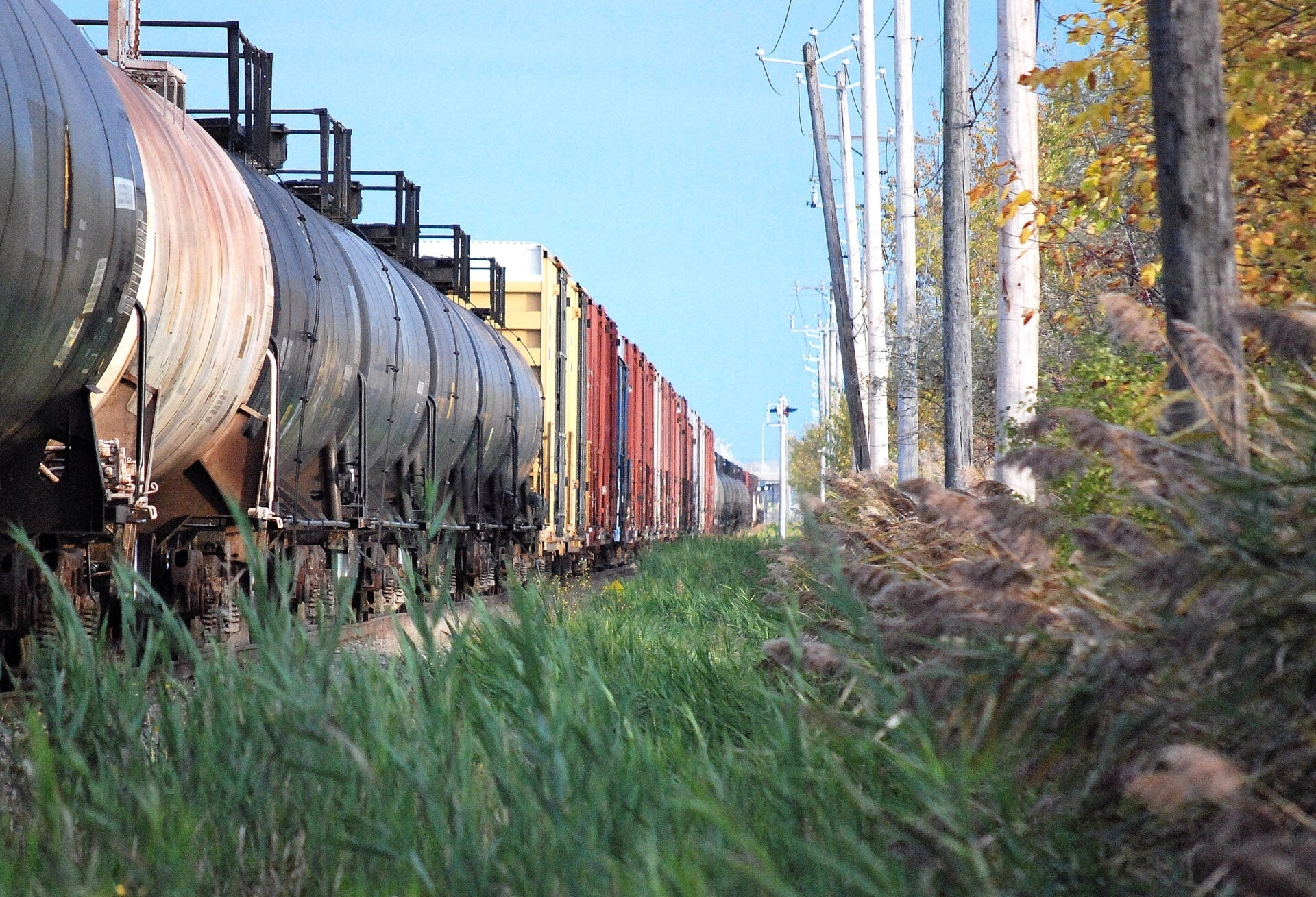CLAIM: Environmental activists are pressing presidential candidates to take a pledge to block the Keystone XL pipeline. The pledge calls on candidates to revoke permits issued by the President for the Keystone XL. It also calls on candidates to revoke permits for the Dakota Access Pipeline, which has been safely transporting crude oil for more than two years.
“Our next president needs to listen to the science that says we can’t build new fossil fuel projects and fight climate change at the same time, not the polluters who say we don’t have a choice,” Greenpeace USA climate campaigner Charlie Jiang said.
RATING
False
FACT CHECK
Stopping the Keystone XL pipeline will not advance the activists’ cause, but rather, undermine their argument. If completed, the pipeline would actually reduce the carbon footprint of oil production and transport.
If the Keystone XL pipeline never gets built, it will have no impact on the amount of oil that is extracted from the ground. Hundreds of thousands of barrels a day will be produced – and all of that oil will have to be transported some way.
What are the alternatives to pipelines? Via rail or truck, which are far riskier and less environmentally-conscious means of transportation than pipelines. Pipelines safely deliver 99.99% of fuels transported without incident.
In fact, a recent analysis found that rail was “over 4.5 times more likely to experience an occurrence when compared to pipelines.” Shipping oil via pipeline also has environmental benefits, including a significantly smaller carbon footprint. Researchers at the University of Alberta calculated that pipelines result in 80 percent fewer greenhouse gas emissions than rail alternatives.
The U.S. Department of Transportation’s Pipeline and Hazardous Materials Safety Administration (PHMSA) concludes that pipelines “enable the safe movement of extraordinary quantities of energy products to industry and consumers, literally fueling our economy and way of life.” PHMSA also says pipelines are “one of the safest and least costly ways to transport energy products.” Further, PHMSA says pipelines alleviate the need for other, less safe means of transportation:
“It would take a constant line of tanker trucks, about 750 per day, loading up and moving out every two minutes, 24 hours a day, seven days a week, to move the volume of even a modest pipeline. The railroad-equivalent of this single pipeline would be a train of 225, 28,000 gallon tank cars.”
In the United States, there are more than 2.6 million miles of pipelines that “safely deliver trillions of cubic feet of natural gas and hundreds of billions of tons/miles of liquid petroleum products each year,” according to PHMSA.
That’s why protests against the Keystone XL Pipeline – and pledges to stop it – have not and will not curtail oil production. Instead, they make the transportation of energy resources less safe and more environmentally unfriendly. Energy resources that fuel our economy will move to market with or without a pipeline.

